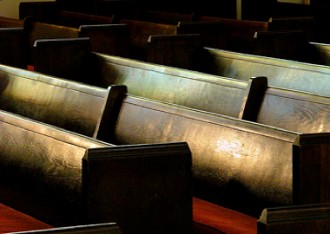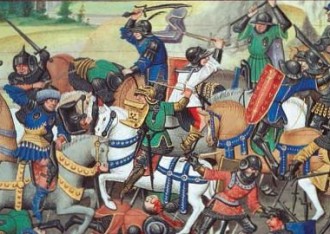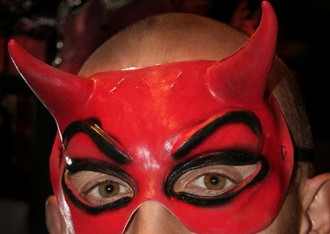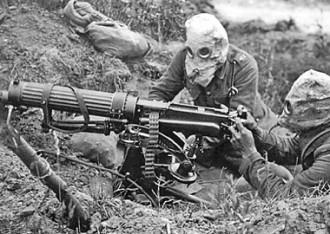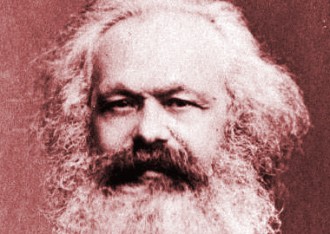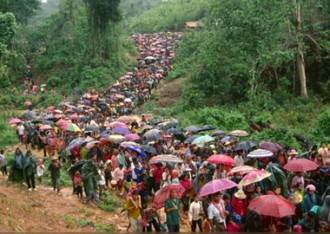
The Other, Forgotten Apocalypse of 2011
I think I can safely assume that for most Americans, Camping and his miscalculated (and then re-calculated) doomsday predictions are of more curiosity than true salvific concern. Camping has been buried by subsequent news cycles and is the latest member of a cadre of religious leaders whom the Apocalypse passed by. But while May’s Apocalypse seems to have skipped over most of the world, it did land squarely on a hilltop in north-western Vietnam. It would behoove us to take notice of the complex and unexpected ways in which this spring’s apocalypticism rippled across the world…
Read More

